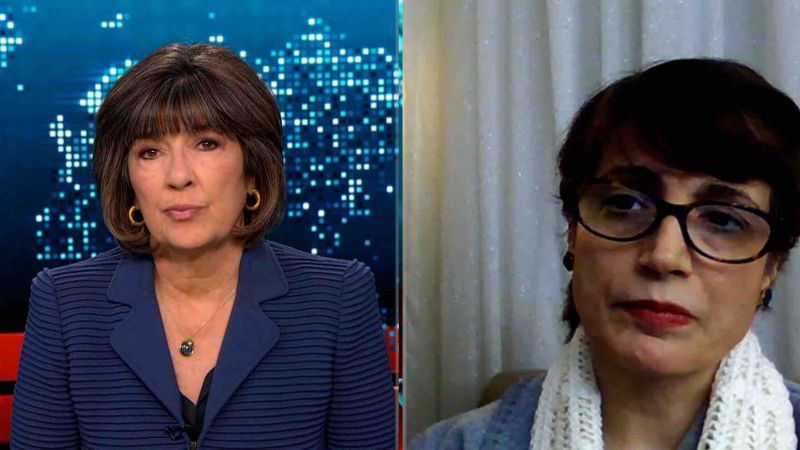Abbas Pushes for Truce with Israel
Addressing a dozen Palestinian groups outside Cairo on Tuesday, Abbas stressed that the agreement on "calm" with Israel had already produced benefits but said Israel must fulfil its side of a deal reached at the 8 February summit.
"The agreement on the calm has brought results," Abbas said.
"We reject implementing unilateral commitments and at a time when we are on the way of achieving calm and a truce, we warn against any Israeli dawdling in implementing their commitments."
Resistance groups Hamas and Islamic Jihad have demanded a timetable for an Israeli troop withdrawal and prisoner release as part of a package that includes a suspension of attacks on Israel, possibly for three months.
Abbas, a moderate elected in January to replace the late Yasir Arafat, promised Israel an end to hostilities five weeks ago at the summit in Egypt.
Resistance groups did not formally join then but agreed to give Abbas a chance to see what he could achieve.
Palestinian desire
Senior Palestinian official Nabil Abu Rudaina said: "We want to leave here with a commitment to keep this truce in place and see Israel implementing what we agreed at Sharm al-Shaikh."
Muhammad Nazzal, a senior Hamas leader, said moving from the current "calm" to a truce would need Israel to meet commitments such as ending attacks on Palestinians and releasing prisoners.
Asked about the prospects for extending the "calm", he said: "If we find that the public interest requires that, we will announce that."
Abu Imad al-Rifai, a member of the Islamic Jihad delegation, said a truce would depend on what steps Israel was offering.
"If the answers are in accordance with our vision on the release of detainees, withdrawals, stopping building the separation wall, stopping building settlements and stopping assassinations, then it is possible," he said.
But a senior Palestinian official said there were no guarantees that Israel would meet the demands of the resistance groups.
"We have no guarantees from anybody. Our position is based on the will of the international community to get involved in reviving peace in the region and our alliances," said Jibril Rajub, a security adviser to Abbas.
Sharon statement
Israeli Prime Minister Ariel Sharon threw cold water on the ceasefire proposals on Monday when he said his government could not accept the type of truce the Palestinians were suggesting.
"The ceasefire the Palestinians are working for does not give up the terror option, and is not a solution, and to this we cannot agree," Sharon said in a meeting.
Israel said on Monday it would begin withdrawing from Jericho and other West Bank towns as part of measures meant to follow the ceasefire agreed to at the 8 February summit.
But on Tuesday it said it might call off confidence-building moves after Abbas pledged to free from jail a man accused of ordering the killing of an Israeli cabinet minister.
"We will weigh carefully if there is any way of continuing the process when the message from Abbas’ side is becoming so negative and so contrary to the new spirit we would like to see," Foreign Minister Silvan Shalom told Israel radio.



